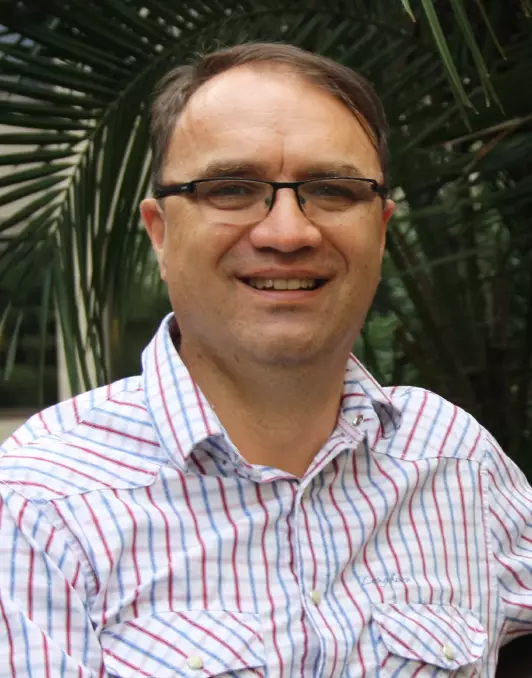Mark Short, the Bishop of the Canberra-Goulburn diocese, is the new Primate – titular head – of the Anglican Church of Australia.
He is an alumnus of Moore Theological College, and was elected as Bishop of Canberra in 2019. Prior to that, he served as National Director of the Bush Church Aid Society from 2011.
His election means that the head of the Australian Anglicans is once more an evangelical. Short has been involved in EFAC, the Evangelical Fellowship in the Anglican Communion.
UPDATE: There were two candidates, Short and Matt Brain, the Bishop of Bendigo. Kanishka Raffel, the Archbishop of Sydney was not put forward as a candidate at the Board of Electors. Brain was favoured by the Bishops at the start of the election process with Short strongly backed in the House of Laity and also supported by the House of Clergy. But the bishops were convinced during the meeting that the laity and Clergy did in fact represent the voice of the Church.
Matt Brain has an evangelical background – his father Peter was Bishop of Armidale, an evangelical diocese in northern NSW and he trained at Perth’s Trinity Thelogical College.
In his 2024 Presidential address, as Bishop of Canberra Goulburn, Short wrote: “In his book How to Inhabit Time: Understanding the Past, Facing the Future, Living Faithfully Now, philosopher and theologian JKA Smith notes the temporal nature of Christianity:
‘We need to remember that at the heart of Christianity is not a teaching or a message or even a
doctrine but an event. God’s self-revelation unfolds in time, and redemption is accomplished by what
happens.’
“Living faithfully and hopefully and lovingly then, is a matter of orienting ourselves rightly to what God
has done with and in time through the Lord Jesus Christ.
“Considering our past, hope is anchored in the events of Jesus’ life and ministry: ‘But when the fullness of time had come, God sent his Son, born of a woman, born under the law, in order to redeem those who were under the law, so that we might receive adoption as children.’ (Galatians 4:5–6)
“’Blessed be the God and Father of our Lord Jesus Christ! By his great mercy he has given us a new
birth into a living hope through the resurrection of Jesus Christ from the dead…” (1 Peter 1:3)
“Considering our present, hope is experienced through the witness of the Holy Spirit:
‘And not only that, but we also boast in our afflictions, knowing that affliction produces endurance,
and endurance produces character, and character produces hope, and hope does not put us to
shame, because God’s love has been poured into our hearts through the Holy Spirit that has been
given to us.’ (Romans 5:3–5) …
“Christian hope then, is not a passing emotion or a personal disposition. It is a worldview, a way of
locating our lives within the broad sweep of all that God has done, is doing and will do through the
Lord Jesus Christ.”
Shert’s election represents the evangelical majority at the last General Synod with the representation on the Clergy and Laity portions of the Primate Election Council being strongly evangelical. The last six Primates have not been evangelicals, since Sir Marcus Loane was Primate finishing in 1982.
An announcement from Anne Hywood notes that Short accepted the role of Primate after achieving majorities in the houses of Bishops, Clergy and Laity and will commence in the role on November 1.
Short is the first non-Metropolitan bishop to become Primate of Australia – that is the first bishop not to be head of a Province (essentially a mainland state, containing three or more dioceses).
Before studying for the Ministry at Moore College, Short worked as a Graduate Economist for the Commonwealth Department of Industrial Relations and as a Journalist for the Sydney Morning Herald. He is not the only ex-journalist to become an Anglican Bishop, but the first to be Primate. Short served in the parish of Temora, studied for a PhD at Durham University in the UK and then served as Rector at two parishes Turvey Park and Tarcutta.
Note: Some readers have objected to using the term “titular head” as the Primate does have formal roles in chairing the General Synod (the Anglicans’ Church parliament) and the General Synod Standing Committee. But the Primate has no authority over individual dioceses, unlike, for example, the Presiding Bishop of The Episcopal Church in the US.
